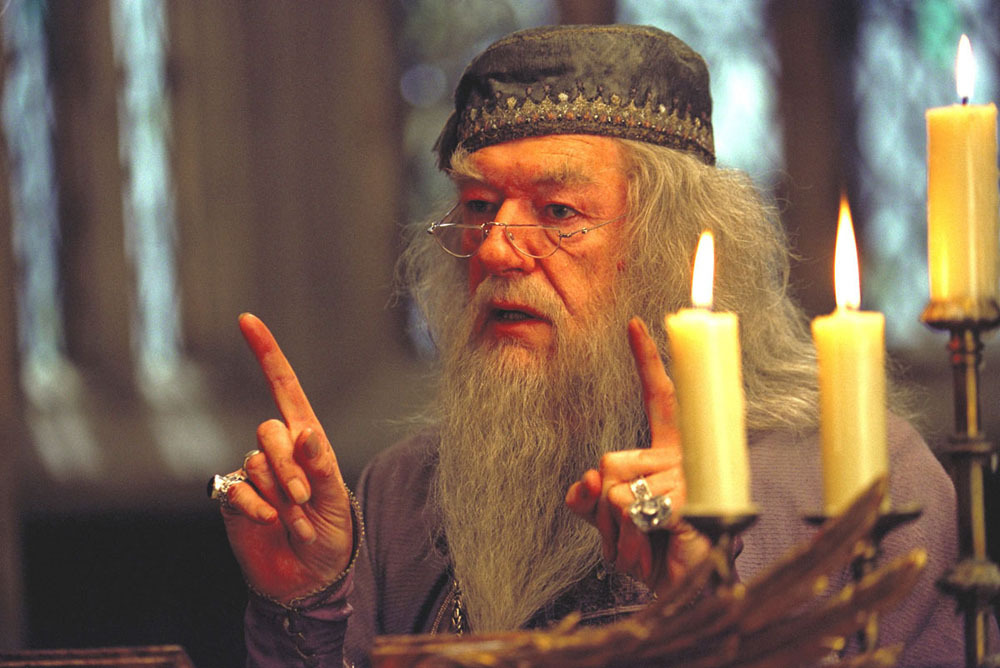Bloodborne and Learning from Your Mistakes
For those who have not played the video game Bloodborne, it is a spiritual successor to games such as Dark Souls and Demons’ Souls. These games are well known for being incredibly difficult, and here is why. As you go through a level and destroy enemies, you get echoes. If you die at any point of the level, often you start at the beginning of the level (if you did not find shortcuts; sometimes it’s the luck of the draw) without all of your echoes. If you die while trying to get back to your echoes you lose them permanently.
You should expect to die a lot in this game because it is a part of the learning process. You learn the environment and levels more intimately each time and hopefully improve your performance.
I think Student Affairs is quite similar to Bloodborne. You need to be open to small failures in order to make progress, learn, and perform better over the long run. For example, I work as the graduate assistant for a tutoring center and academic intervention program. I’ve spent this first year learning the ins and outs of my position, and it is only after repeated “failures” that I now have a plan for next year.
I suspect this first year of learning and making some mistakes is also a part of being a first-year professional too. In your second year, you really figure out where you can make your mark and improve processes or policies in place and what you must do to enact these changes. Sometimes it is understanding the organizational culture of your institution, figuring out who are the key stakeholders, and opening a conversation with those stakeholders. Other times, it is evaluating gaps in the culture and figuring out how you can fill those gaps and thus bring value.
At this point, I think I have made clear how Bloodborne connects to the learning process and making mistakes. We should be open to making mistakes and learn from them. To follow my connection to Bloodborne down the rabbit hole further, I think it is equally important to note that making a mistake once is fine. If you make the same mistake twice, then you will likely lose all of your echoes in Bloodborne. In Student Affairs, you probably will not have leeway or sympathy for making the same mistake twice.
My comparison of Student Affairs to Bloodborne is made in mind of those smaller mistakes, things you couldn’t possibly know at the time, or things that you would want to improve. It does not need to be a mistake. My comparison is not made with high-level blunders in mind. It does not excuse morally reprehensible behaviors and diminish them as mere mistakes.
The key takeaway from Bloodborne in the work of Student Affairs is that we should be open to making mistakes, learning from those mistakes, and improving on those mistakes. Generally, we should be open to learning and thinking about how and what we will do to do better. As Erik Qualman says, “Fail forward, fail fast, and fail better.”
Abdul Abad is a first-year graduate student in the Higher Education and Student Affairs program at the University of Connecticut. For his graduate assistantship, he coordinates an academic intervention program for students on scholastic probation and an associated walk-in tutoring center. His main interests include the access and retention of underrepresented populations, online education, technology and innovation in higher education, and various topics within organizational psychology such as personality. Outside of student affairs, Abdul is a composer, film lover, and avid video gamer. Connect with him on Twitter and on his blog.









